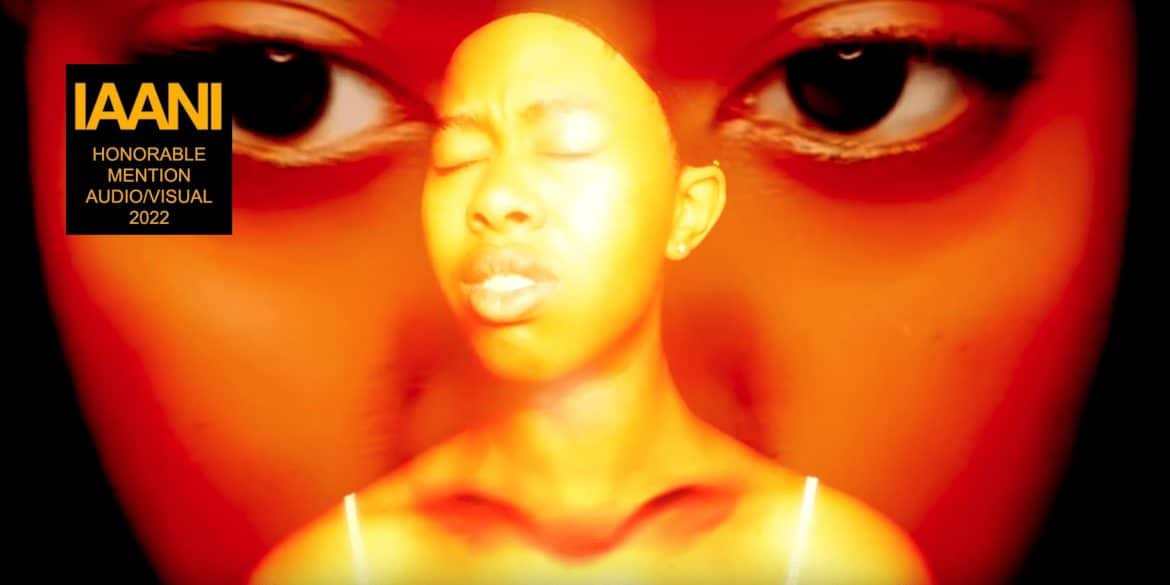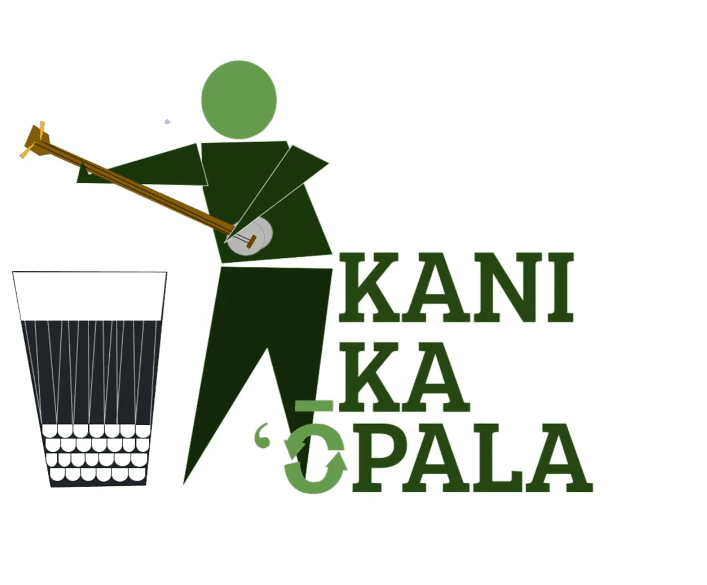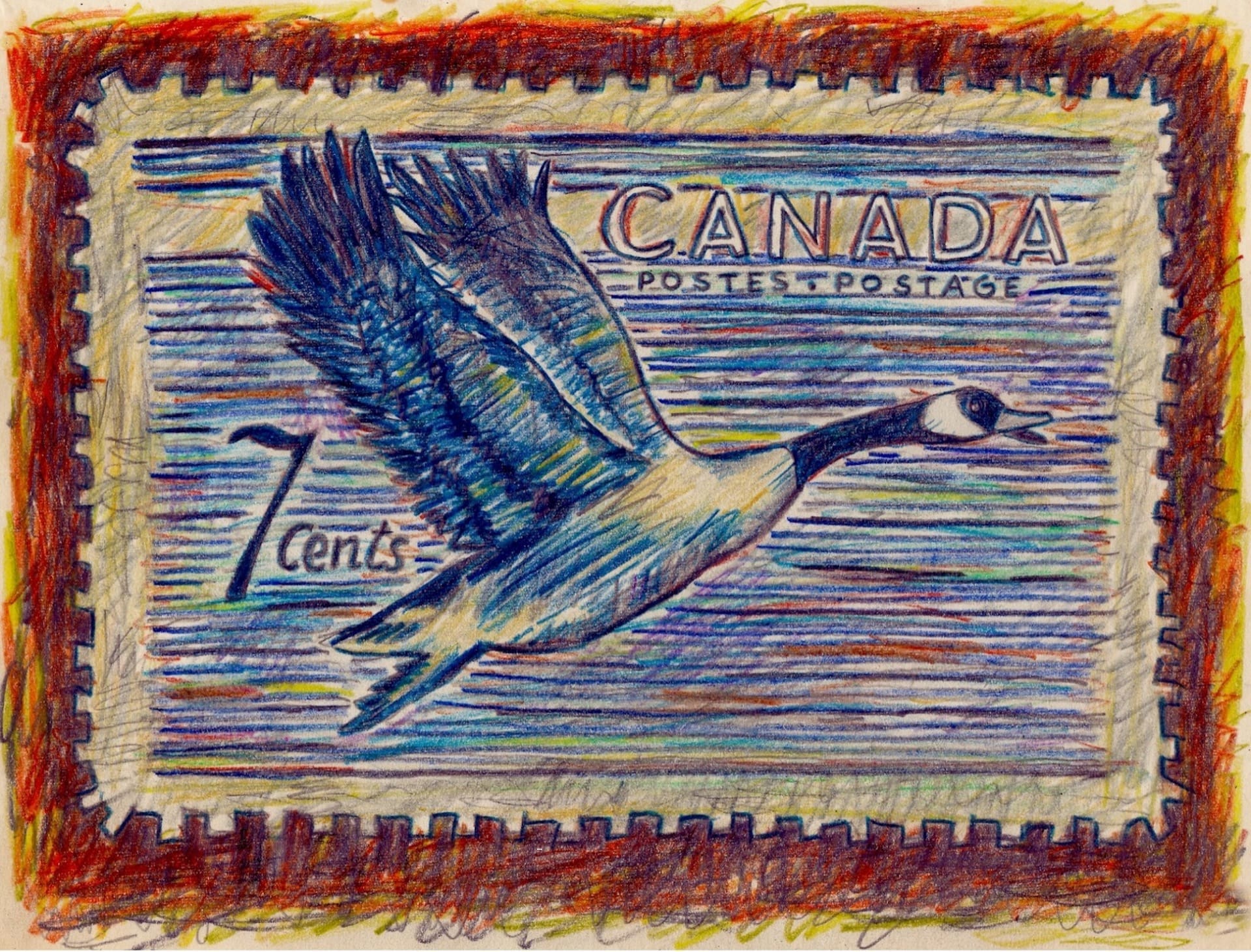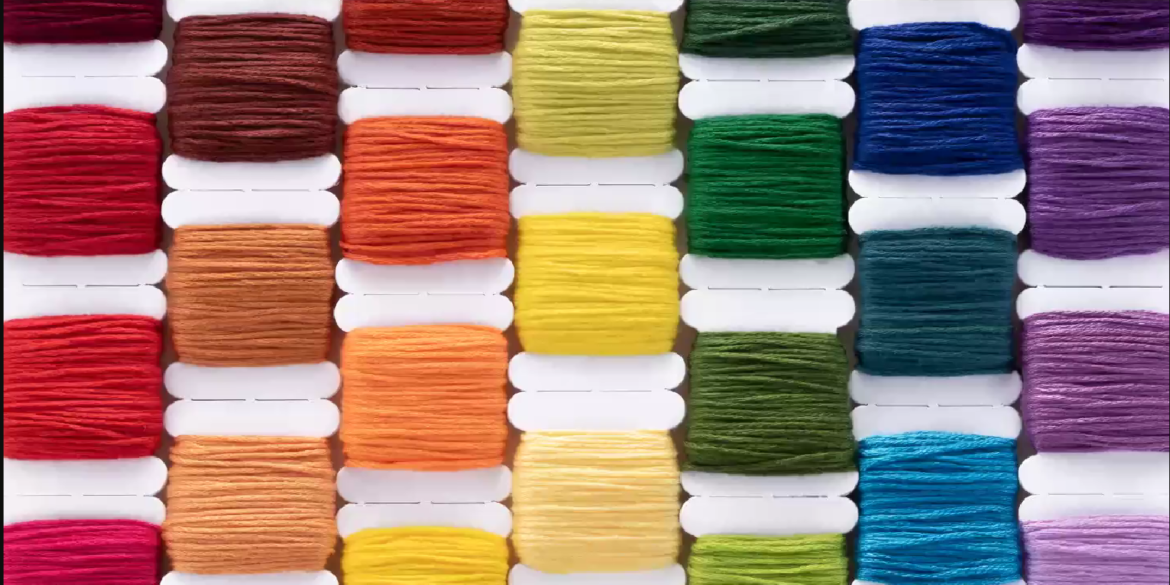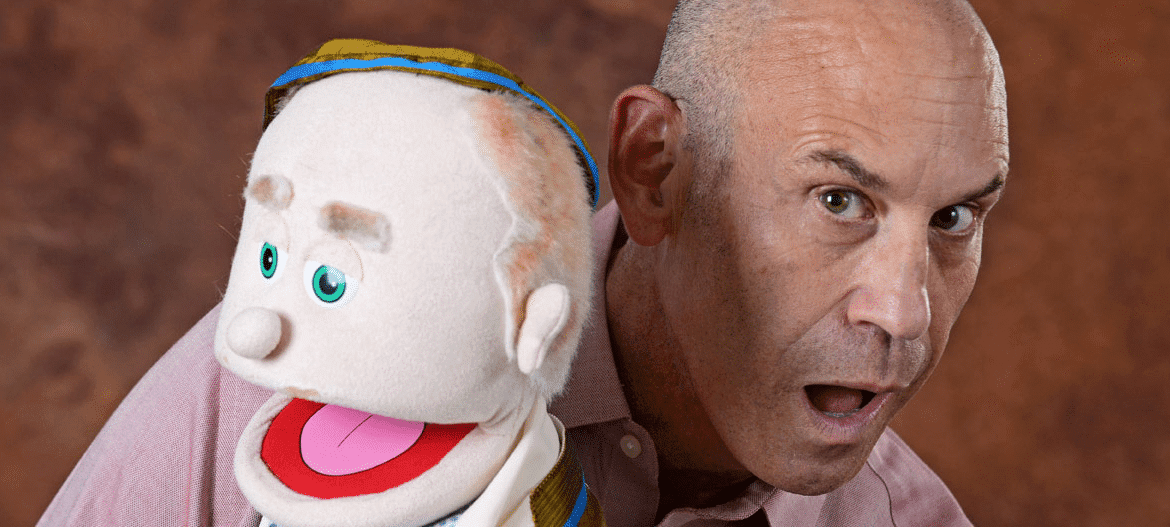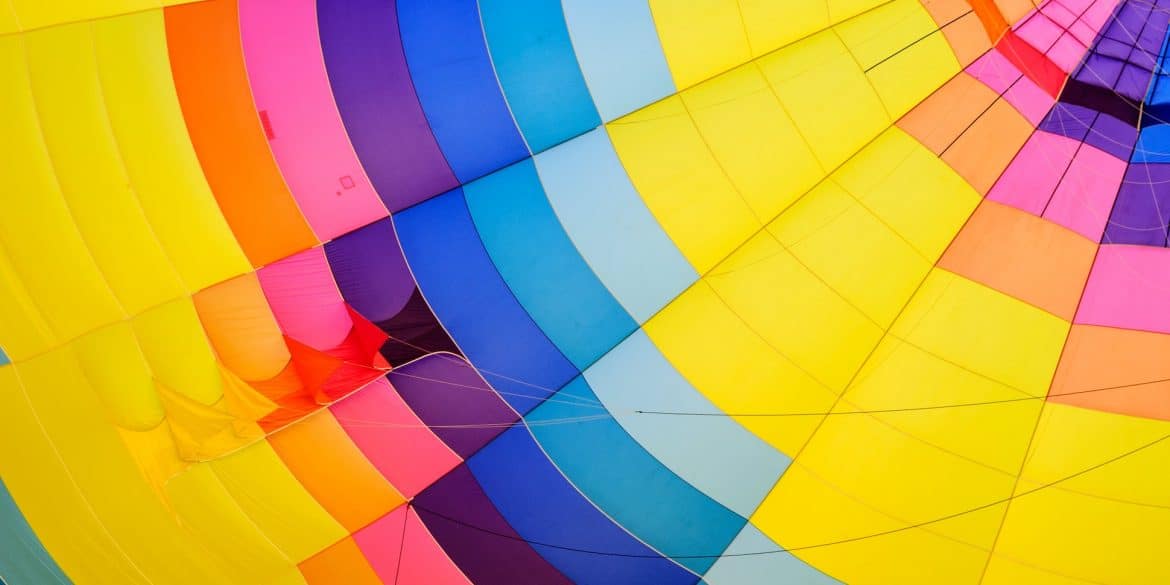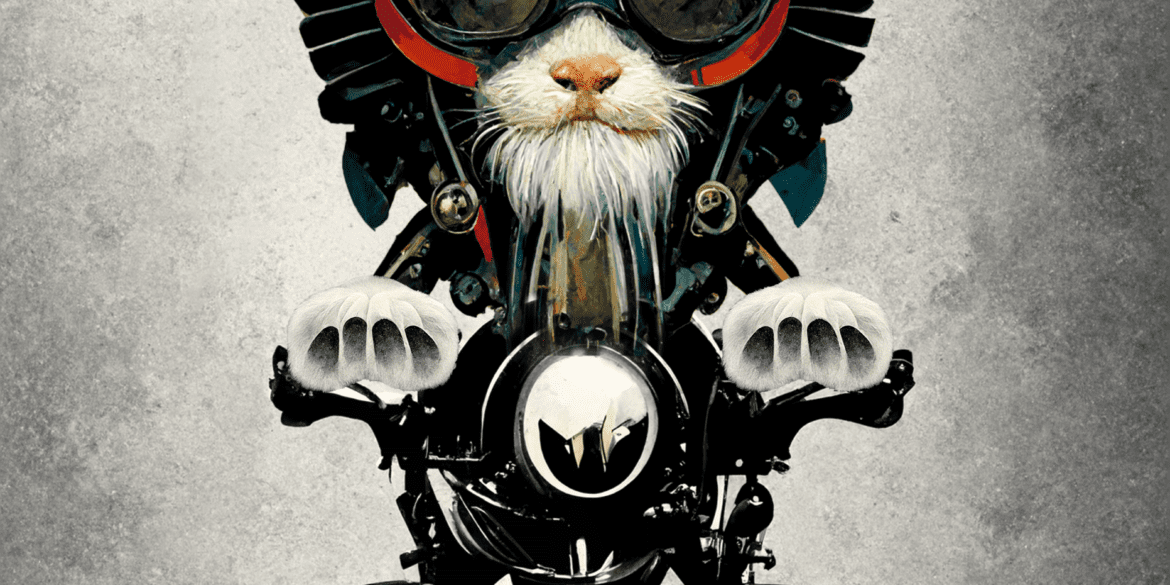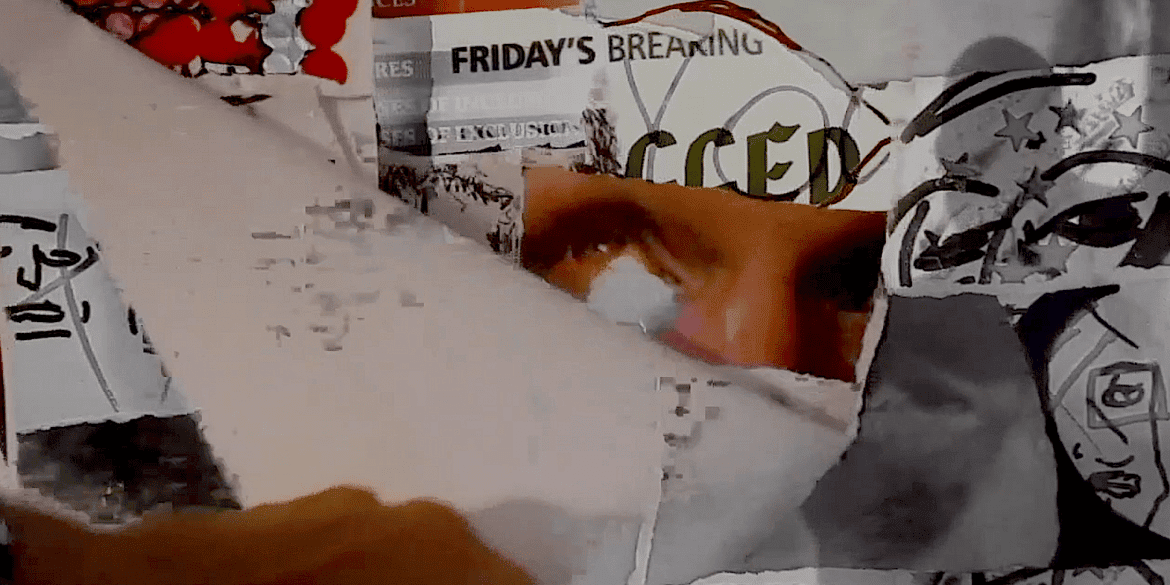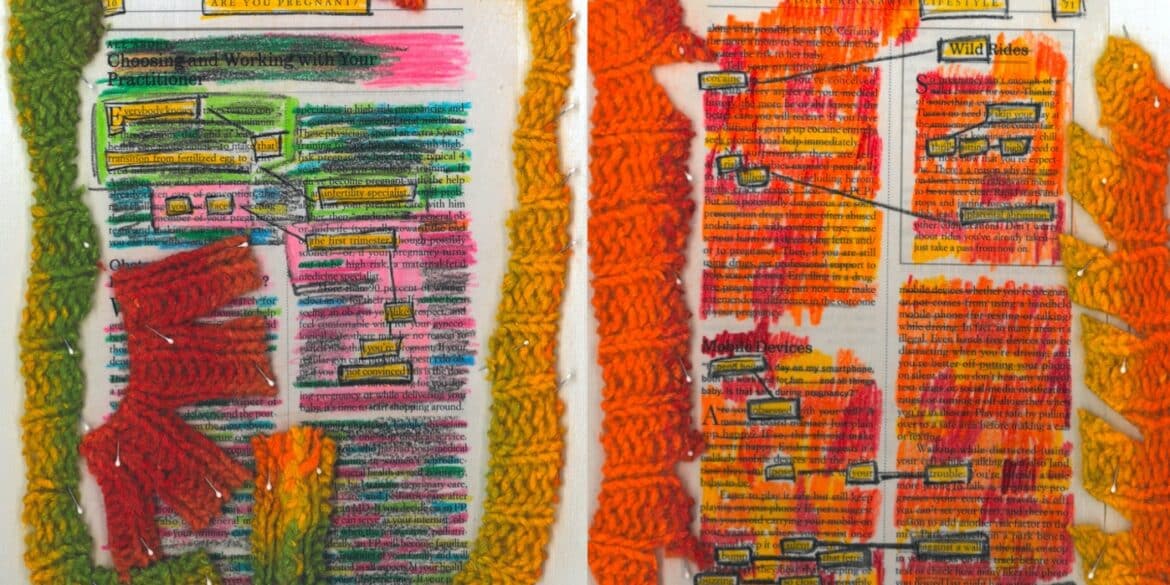“Woken Word” was born as my inner voice was awakening and the world, ironically was becoming “woke” while simultaneously retreating into isolation.
Jill Boyles·
All ContentAutoethnographic Art & MultimediaAutoethnographic Literary NonfictionVolume 4, Issue 2 (2024)
··4 min readA Private Life in Rural Idaho Challenges Living in Rural Areas Living a private life can be enticing. One way...
“A Seat at the Table” is the autoethnographic manifestation of my vulnerability, anger, and anguish, of my black feminist grit."
The lyrics of "World's Greatest Man" grapple with the paradoxes of participant-observation as well as the ambiguity of development work in Thailand.
Terry Graff·
All ContentAutoethnographic Art & MultimediaAutoethnographic EssaysClimate Change Special Issue, 2022Special Issues
··13 min read"In retrospect, it was inevitable that birds and machines would converge in my work as a life-long exploration and expression of the relationship between nature and technology through the creation of avian cyborgs, the genesis of which can be traced back to my early drawings of robots and of the bygone birds of my childhood."
“Entanglements of the Mind, Soul, and Body” details our journey as researchers utilizing narrative collage and collage portraits as a tool for data analysis.
This is a song for the Passover prophet as a critique on his inability during the Covid-19 pandemic to appear and provide solace and safety.
Marlen Harrison·
All ContentAutoethnographic Art & MultimediaEducationFrom the EditorsMoreReflections on MethodVolume 2, Issue 1 (2022)
··5 min read"In this brief, animated autoethnography, I utilize the concept of a sociocultural third space to consider why evocative autoethnography can benefit from its own literary and arts journal."
This artwork is based on a startling and memorable encounter at the local vet while attempting to get Anaïs spayed.
In today's new podcast & video Marlen Harrison talks with current marketing interns about the role of culture in using Google Ads.
"'SEE ME, Windows to the Self of the Performer-Autoethnographer' explores the question, 'What can I learn about myself by making artwork as autoethnography'?
Sandra L. Faulkner·
All ContentAutoethnographic Art & MultimediaAutoethnographic PoetryFrom the EditorsMoreVolume 3, Issue 1 (2023)
··15 min read"Bringing up Baby” is a collection of collage and erasure poems that function as praise for and critique of (white) mothering.




